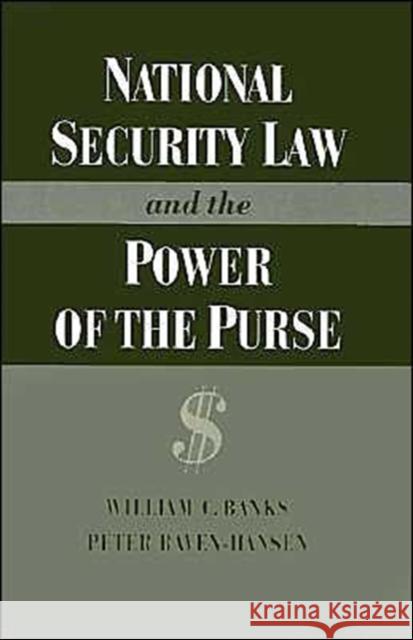National Security Law and the Power of the Purse » książka
National Security Law and the Power of the Purse
ISBN-13: 9780195085389 / Angielski / Twarda / 1994 / 272 str.
The ideal model of national security decision-making, whereby the Legislative branch authorizes action to protect national security and the Executive branch takes it, has broken down due to the speed and unpredictability of foreign crises and the President's monopoly on foreign intelligence. In response, Congress has ceded the initiative to the President, and then utilized the power of the purse to ratify or restrict what the President has done. This power, by necessity and preference, has become the central congressional tool for participating in national security policy. Inevitably attacks on policy are transformed into attacks on the making and effects of appropriations. This study addresses the constitutional and statutory questions raised by these attacks. It thoroughly explores the history, mechanics, and scope of the power of the purse in national security, using Vietnam War appropriations and the Boland Amendments as case studies. William Banks and Peter Raven-Hansen provide a unique and provocative primer on the power of the purse in national security law.











